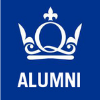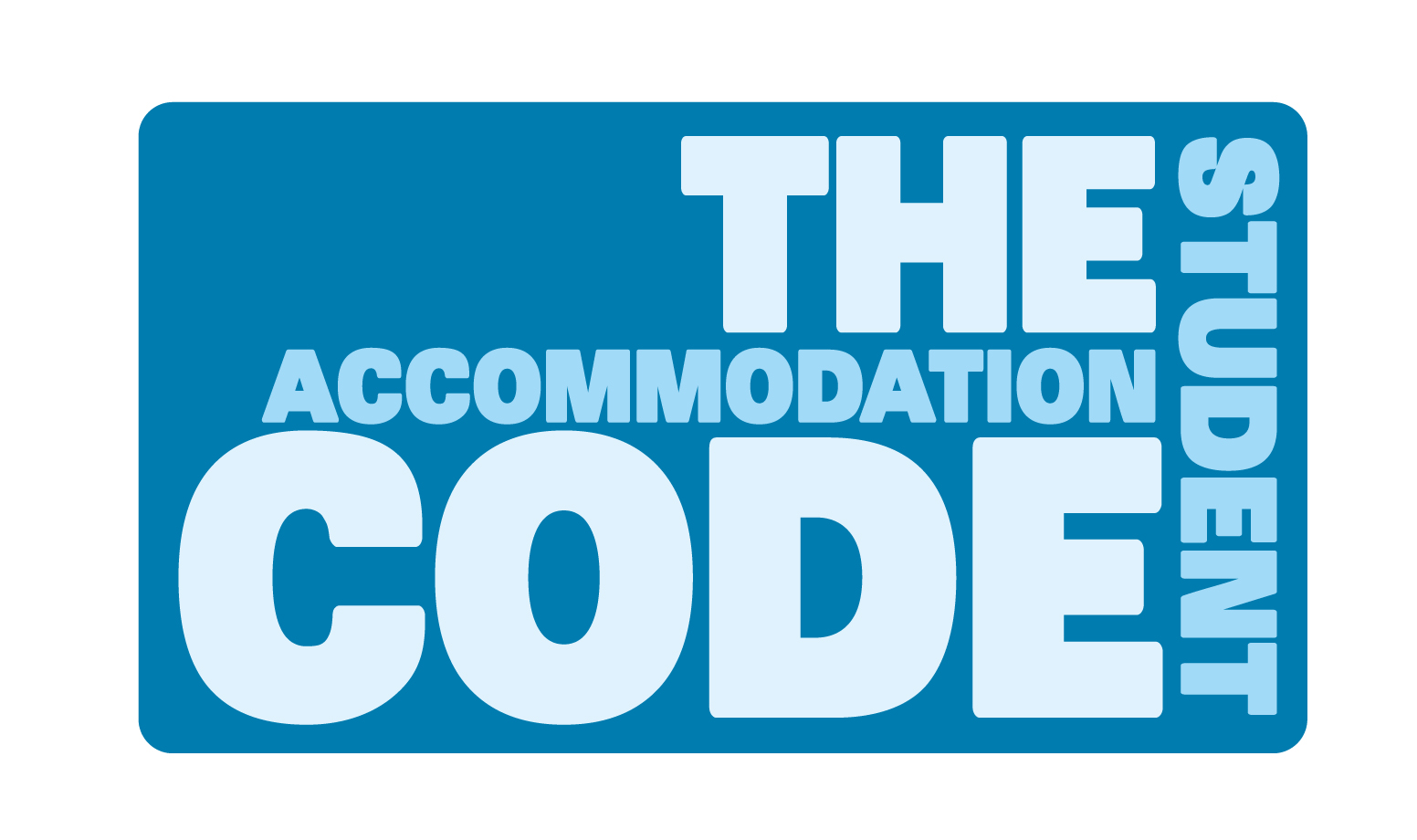Residential Life
Alumni Blog: Aaron West - LGBTQ+ History Month

This blog was produced by the Alumni Engagement team and is primarily hosted on the Alumni and Friends Blog.
LGBTQ+ History Month is first and foremost an opportunity to educate on the issues we have faced and continue to face as a community. While history is in the name, it is all about the present. This is more important than ever, as policy-makers are increasingly swayed by misinformation. LGBTQ+ history month is a great way of reaching and teaching these people to get the change we need and deserve.

Why did you choose to study BSc Theoretical Physics at Queen Mary? And what advice would you give to prospective students considering this same degree?
I didn’t have a clue what I wanted to do with my life at 18 years old. I still don’t have a clue what I really want to do. Physics was something I found interesting and that I seemed to have a knack for – I’m not sure it’s fair to expect more than that. My advice for anyone considering any course is to ask yourself why. University is hard no matter what, but enjoying the subject and having a talent for it can make it less hard.
What aspects of your degree did you find most enjoyable? And what aspects of your degree do you still use today?
It took me a little bit of time to feel comfortable knowing what I was doing, but once you have more freedom over the modules you study, you can begin to discover what really makes you tick. I always liked the cerebral and idea-heavy modules such as Cosmology and quantum mechanics, and I still use the same critical thinking, ‘galaxy brain’ problem-solving approach in my journalism today.
Can you describe your career path up to date and touch on your current role as Senior Researcher and Writer at Which??
I knew fairly quickly into my university course that academia wasn’t for me. Nor was finance, or computer science or a number of careers they line up for physicists. I started writing about films for CUB magazine, more because I liked films than magazines, but it got the ball rolling. I continued writing for CUB in my second and third years at university, as well as freelance (for free) just to get more experience. This writing experience, combined with the research experience from my degree, helped me secure my current role. My day-to-day can vary a lot, but in a nutshell it’s using laboratory testing to answer common everyday questions. It’s my job to turn the numbers into stories.
What was special about your time at Queen Mary?
Living in London is an experience to say the least. It’s a bit of a trial by fire. But the strongest bonds are forged by the hottest flames and the friends I made while at uni are still there for me through thick and thin.
Given your position as a writer, do you think it’s important to see LGBTQ+ representation and voices in literature, the media and in society in general?
Of course, it goes without saying that representation matters. If we can normalise the human experiences of minority young people then we can avoid a lot of pain and trauma. Seeing people like you reinforces your ability to be your true self. Having authentic voices tell these stories is key to making sure this is done right, though. If told authentically, these stories have the power to not only normalise your existence but also help you understand many of the nuanced challenges in it, too.

What does LGBTQ+ History Month mean to you and why do you think it is important that we acknowledge the contributions of LGBTQ+ people throughout history and in present times?
LGBTQ+ History Month is first and foremost an opportunity to educate on the issues we have faced and continue to face as a community. While history is in the name, it is all about the present. This is more important than ever, as policy-makers are increasingly swayed by misinformation. LGBTQ+ history month is a great way of reaching and teaching these people to get the change we need and deserve.
Are there any LGBTQ+ historical figures you wish more people knew about? Or any present LGBTQ+ figures?
There are current-day LGBTQ+ figures that I wish people knew more about. Stephen Whittle and Christine Burns, who have been fighting for trans rights for decades. And Alok Vaid Menon and Jamie Windust, who are visionary voices on issues of gender.
The theme for this LGBTQ+ History Month is ‘Body, Mind and Spirit’, how do you feel that these experiences differ between the LGBTQ+ community and the cisgender, heterosexual population?
I mainly think of the lack of agency trans people have over their bodies. There’s still so much that could be improved for trans people to make it easier for them to be legally recognised as their gender.
How do you think the ongoing effects of Covid and government responses such as lockdown has impacted people, both the general public and the LGBTQ+ community specifically?
The pandemic and the ever-changing government response have disproportionately affected the poorest and least privileged in society. This inevitably coincides with the LGBTQ+ community, both in terms of access to healthcare and in employment prospects. Many will be out of work, forced to live in environments where it is unsafe to be out and proud and waiting longer or losing access to mental health support or physical treatments.
This Thursday (4 Feb) you will be participating in a Careers panel discussion about finding an LGBTQ+ friendly employer. As an LGBTQ+ person, what has your experience of the workplace been like? Do you and your colleagues talk openly about different sexual orientations?
Whether to be out at work will be a conscious decision every LGBTQ+ person will have to make. I definitely wasn’t sure at first if I wanted my professional life painted by the personal. But working is a lot about communication and understanding who you’re working with. I think someone’s sexuality is fundamental to that, so being out at work is key to being in-sync with those around you and finding connections. I’m fortunate that I’ve had nothing but positive experiences in my workplace. We have an LGBTQ+ network and often have open and frank conversations about all manner of topics, including those related to sexuality and gender.
Generally, what do you think still needs to be done to give greater equality and representation to the LGBTQ+ community?
If the last year has taught me anything it’s that there will always be those out there looking to turn back the clock on LGBTQ+ equality, and specifically trans rights. True acceptance and equality in the eyes of society and the law will always be a struggle. We need less misinformation about our community and more allies in positions of power to get the long-lasting legislative change needed.
Book now for our 'Alumni Angles: A conversation with BBC newsreader, Jane Hill' virtual event in celebration of LGBTQ+ History Month on Thursday 25 February from 18:00 – 19:30 GMT
Follow Queen Mary's Alumni Engagement Team on Instagram and LinkedIn.
This profile was conducted by Alumni Engagement Officer, Nicole Brownfield. If you would like to get in touch with Aaron or engage him in your work, please contact Nicole at n.brownfield@qmul.ac.uk.
Topics
- Read Next
-
 How to deal with loneliness living in halls
How to deal with loneliness living in halls
 Study tips from Residential Assistants
Study tips from Residential Assistants
 National Pet Day 2024: Showcase!
National Pet Day 2024: Showcase!
 Holi 2024 Photo Gallery
Holi 2024 Photo Gallery
 Holi: Immerse yourself in the Colours of Spring
Holi: Immerse yourself in the Colours of Spring
 What Kind of Flatmate Are You? Take the Quiz!
What Kind of Flatmate Are You? Take the Quiz!
 Aiman's student- friendly 15-minutes meals
Aiman's student- friendly 15-minutes meals
 The best Asian spots around London
The best Asian spots around London
 Share Your Feedback!
Share Your Feedback!
 RAMADAN: What is it?
RAMADAN: What is it?
- Popular
-
 The Residential Services Online Shop
The Residential Services Online Shop
 How do I get my Residents' Rewards Card?
How do I get my Residents' Rewards Card?
 Queen Mary Food pre-paid meal plans - ON SALE NOW!
Queen Mary Food pre-paid meal plans - ON SALE NOW!
 How to contact Security at Queen Mary
How to contact Security at Queen Mary
 The Queen Mary Zero Waste Shop
The Queen Mary Zero Waste Shop
 Aspire Point 101- Quick Guide to Aspire Point FAQs
Aspire Point 101- Quick Guide to Aspire Point FAQs
 How to Report Maintenance Issues in Queen Mary Halls
How to Report Maintenance Issues in Queen Mary Halls
 Introducing the Residential Welfare Team
Introducing the Residential Welfare Team
 Receiving post to halls?
Receiving post to halls?
 THE guide to doing laundry at Queen Mary
THE guide to doing laundry at Queen Mary


